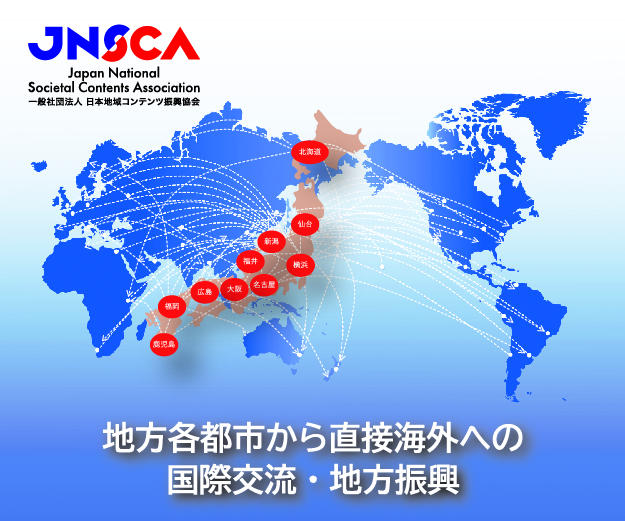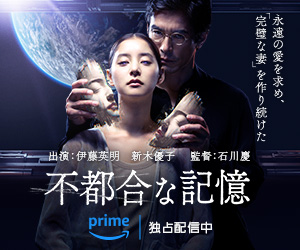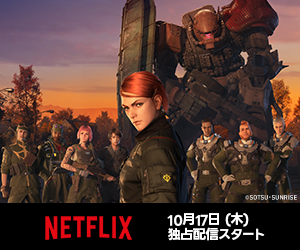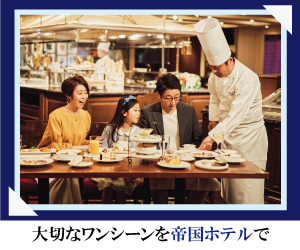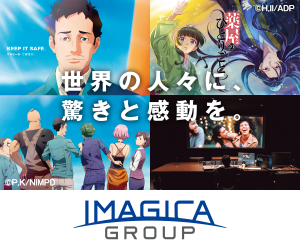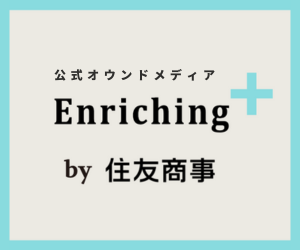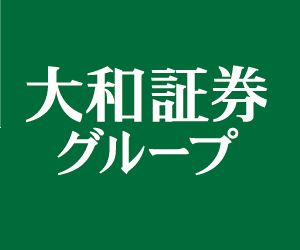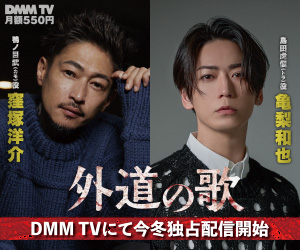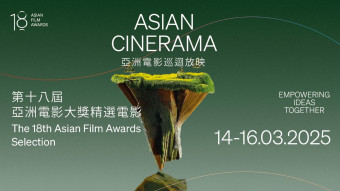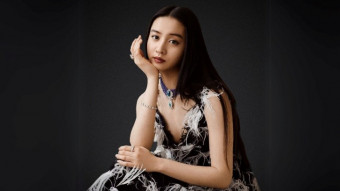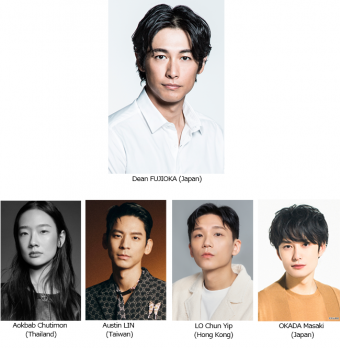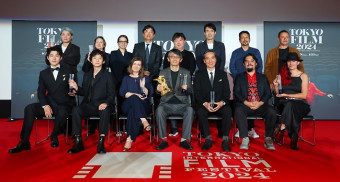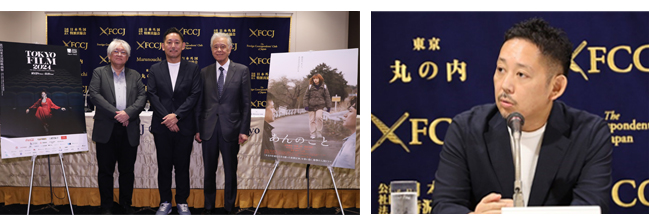
A press conference highlighting the 37th Tokyo International Film Festival (TIFF)’s Nippon Cinema Now section was held at the Foreign Correspondents’ Club of Japan (FCCJ) on October 15, followed by a special screening of distinctive director Irie Yu’s film A Girl Named Ann, a surprise early-summer hit.
Ando Hiroyasu, Chairman of the 37th TIFF, discussed the festival’s highlights, outlining three major focuses of this year’s TIFF: Enhancing the festival’s international exchange initiatives, nurturing talents for the industry’s future, and implementing programs to support female empowerment.
Also appearing was 37th TIFF Programming Director Ichiyama Shozo, who discussed the festival’s 12-film Nippon Cinema Now section and Irie’s selection as the Director in Focus, with five of his titles being screened.
The 37th TIFF will be held from October 28 to November 6, 2024 in the Hibiya-Yurakucho-Marunouchi-Ginza area and at other venues in Tokyo.
Quotes from the Press Conference
– Ando Hiroyasu, Chairman of the 37th TIFF
Over the past two or three years, we’ve made several changes to refocus the festival. First of all, our main venue moved from Roppongi to the Hibiya-Yurakucho-Marunouchi-Ginza area. We feel we have been able to establish and solidify collaborations with government entities and corporations in the area, and we feel that TIFF has finally won the acknowledgement and recognition of the citizens.
Secondly, we invited Ichiyama Shozo to be the TIFF Programming Director. Over these past several years in this position, his style of programming has been established and we have become a very international film festival in Asia.
The third point is that we have further deepened our focus on international exchange programs. The TIFF Lounge is a platform for such international exchange, and we’ve made further efforts to enhance the quality and quantity. This year we have a new venue for the TIFF Lounge, at the LEXUS MEETS․․․, therefore it is going to be literally in the middle of the festival, at Hibiya Midtown.
We have further focused at this year’s TIFF on nurturing talents for the future and also are focusing on Women’s Empowerment with a new section.
I also wanted to mention, in regards to the three Japanese films in Competition, that I’m especially interested in Teki Cometh by Yoshida Daihachi. The star of the film is Nagatsuka Kyozo, and I happened to know him since college, because we were acting together, although we didn’t go to the same university. In the film, Mr. Nagatsuka lives in a huge house alone and he feels lonely, and he is very aware that death is approaching. It really shows what it’s like to be aging. What I wanted to say was there are so many very interesting films in TIFF, so please come to the festival and enjoy watching as many films as possible.
– Ichiyama Shozo, 37th TIFF Programming Director
Nippon Cinema Now is a section in which we focus more on independent directors than on established directors, although they don’t necessarily have to be first time or beginning directors expecting to be discovered. For example, there’s a film called Ainu Puri, which was directed by Fukunaga Takeshi, who had a film in competition with TIFF, Mountain Woman. Also, Oda Kaori has a very interesting career making works at the intersection between documentary and fiction. We’re showing Oda’s new film, Underground. Another of the films that definitely caught our attention is one by Kim Yunsoo, called Or Utopia. He was a winner in the first Amazon Prime Video Take One Award. The winners of this award are encouraged to pitch their new project or new feature film to Amazon Prime, and this new film was financed by Amazon MGM Studios. Another film by an Amazon Prime Video Take One Award winner is Ashes, directed by Yang Liping. These seven very unique films are in the section, and we also have our Director in Focus, which features five films by Irie Yu. It’s going to be the perfect timing to rediscover his unique films.
There are also three Japanese films in the Competition section. Lust in the Rain by Katayama Shinzo is a film with his distinct flavor, and it was shot entirely in Taiwan to create the atmosphere of the original manga. Director Yoshida Daihachi’s Teki Cometh is an all black-and-white film with an interesting surrealistic setting. And Ohku Akiko’s She Taught Me Serendipity is, I feel, her best work. The actors’ performances are especially good and the long-take scenes are a must-see.
– Irie Yu, Director in Focus, Nippon Cinema Now section
To be honest, I was a little bit confused why they chose me for the Nippon Cinema Now Director in Focus because there are many wonderful Japanese filmmakers, especially of my generation, who have established their places in the film industry. However, this type of honor doesn’t happen often in life, and I felt that A Girl Named Ann would be a special work in my filmography, so I gladly accepted the honor. I hope that this mini-retrospective at TIFF will be an opportunity for me to take a fresh look at my own work.
I actually worked on a film for a streaming platform this summer. Among the production crew, there is no longer any difference between working on a film and on streaming works. However, I think the time has come for us to rethink what a film is. I do think it’s an opportunity for filmmakers to continue to work, but I don’t think the environment surrounding producers and actors has improved that much.
Q&A session with Irie Yu after the screening of A Girl Named Ann
Q: Tell us a little about how you heard the true story that the film is based on. Did you immediately want to make a film?
Irie: The eventual producer of the film, Kunizane Mizue, read a story in the newspaper about a girl who overcame drug addiction and went to night school, but then committed suicide. At the same time, I also saw an article in a weekly magazine about a police officer who was arrested for sexual abuse of someone who was trying to recover from addiction. Ms. Kunizane suggested that I combine the articles and write the story. During the pandemic, I was questioning myself, “Why did she commit suicide?” and why couldn’t we help people during the pandemic who made the same choice? This made me feel that I wanted to film this story.
Q: How did you manage to cast the amazing Kawai Yuumi, just on the cusp of super-stardom?
Irie: I had known her since she was about 19 years old. She stood out in an acting workshop I was holding at that time, and I remember she was really serious about acting even then. The producer, Kunizane Mizue, recommended that I cast her in this film, and it felt as if we were collaborating on creating the character. We visited addicts and rehabilitation centers and explored the story of the protagonist. In that sense, we made the film together.
Q: While you were writing the story, were you thinking about changing such a tragic ending?
Irie: I was frequently asked in Q&A sessions after screenings whether I had thought about changing the ending even a little, but did not feel I had such an option. The trigger of making this film was to get closer to the original girl who killed herself. I wanted to know why she couldn’t choose any other way but this worst one. Also, Kawai Yuumi said she didn’t want to make Ann the subject of pity. Kawai seemed to be with her during the shooting, and I relived the girl’s experience throughout Kawai’s acting.
Q: Do you think the girl committed suicide because of the article about the cop? Do you feel like the reporter had any responsibility for her death?
Irie: I think the reporter is not culpable. I met with the reporter, and I know that he was also wondering if he had any culpability, but he cannot be held responsible.
Q: A lot of Japanese films feel a little too positive about families. Children who are in the position of having to be caregivers and other issues are also a problem around the world. Did you shoot this film with the international market in mind?
Irie: I did not have a foreign audience in mind, but the cameraman is a resident of Singapore, and during the shoot we discussed with him whether the problems were unique to Japan or universal. So I think I may have been conscious that some of the issues are universal.
Q: Regarding the scene where the woman who also lived in the same shelter gives Ann her child to care for, was that based on an actual incident?
Irie: That is the only scene that is fiction. I wrote it because there is research showing that abuse is a chain of events that transcends generations, and I wanted to include the hope that there might be a possibility that Ann might be able to break the chain.
Q: You talk about doing a lot of research when writing the story. What were you feeling while you were filming? Also, what did you want the audience to feel by watching this film?
Irie: I wanted to be closer to Ann, to understand why she killed herself, so I didn’t really have any desire for the audience to feel a particular feeling from the film. To be honest, it was quite painful because the claustrophobia of society can be so oppressive. I have noticed that the same kind of claustrophobia happens every decade or so, like with March 11 and Covid, and at the time of filming, I was hoping that there would be one less person like Ann when something happens again ten years from now.












